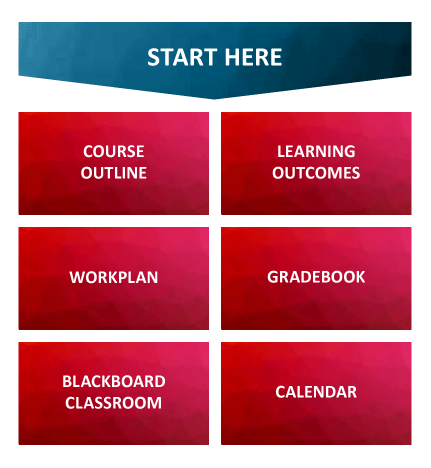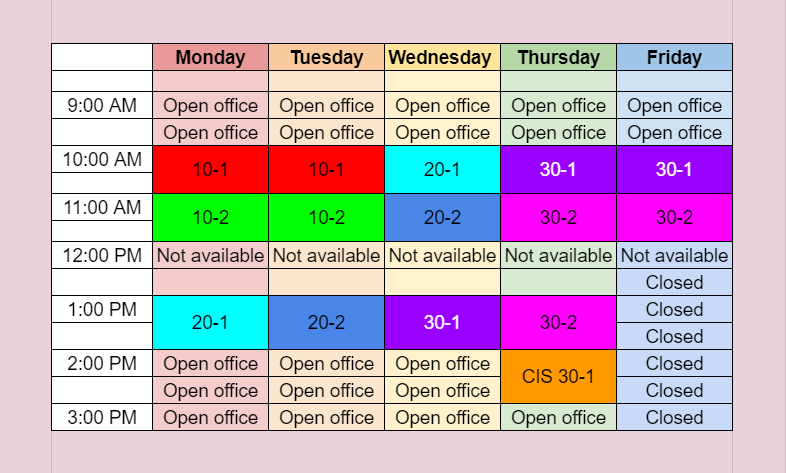English Lang Arts 30-1 PBB
Section outline
-
Please be advised that you MUST log in to Learn Alberta for Images and Audio files to work.
The log in is: LA44.
The password is: 8966.
To log in, click here.
Once you are logged in, you can close the window.
Diploma Exam Schedule
Follow this link to see the diploma exam schedule from Alberta Education
Texts You Will Need For Our Course:
- Hamlet by William Shakespeare (a digital copy is provided, but print is also available for those of you who love the smell and feel of books)
- Death of a Salesman by Arthur Miller
- One of six novels:
-
Night, by Elie Wiesel, fiction, biography 1960
The Bean Trees, Barbara Kinsolver, Fiction, 1988
Into Thin Air: A Personal Account of the Mt. Everest Disaster, Jon Krakauer, 1997, Non-fiction
Stephen Hawking: Quest For A Theory Of Everything, Kitty Ferguson, 2001, Non-fiction
The Stone Carvers, Jane Urquhart, 2001, Fiction (Canadian)
The Republic of Nothing, Lesley Choyce, 2007, Fiction (Canadian)
- The English Language Arts Student Handbook (Link is here, or you can download below)
Module Challenges
Four of the seven units have Module Challenges (M1C1, M4C5, etc). You must complete the entire assignment, including all tasks in the challenge. At the end of the course, once all of the challenges have been completed, I will allow you to redo any assignment from any of the modules completed, provided you meet with me to discuss the reasons for this. You must have completed/submitted all assignments from each module for you to take advantage of this opportunity. Remember, it’s not always about the grades. It’s also largely about what you know, and what you can do with that knowledge going forward. If you feel that you did not understand something and you didn’t do your absolute best because of that, this would most likely be the assignment you should redo. However, if you feel like you grasp the concepts and now you simply want to boost your mark, we can decide which assignment weighs more and which would most likely influence your overall grade. After getting my approval on which assignment you will be redoing, you must resubmit your first assignment and the new assignment with a little paragraph about what it is you did not understand and why and how you understand it now and why. To get my approval you must contact me with which assignment it is you would like to redo and why you want to redo it. The explanation does not need to be fancy. It can be simple and straightforward. Once I have responded back to you with the go ahead, you may begin your redo.
Essay Exams, Midterm and the Final
There are three essay exams, a midterm, and a final exam in the course. There are no retests for any of these exams. These marks are final.
-

Language and Communication are how we interact with the world. It is how we send and receive messages and how we live in our communities, with family and friends and society. In this module, we will examine how we communicate and how to improve those skills. You'll begin the course by reflecting on what you already know about communication, and you'll develop skills to help you complete this course successfully.
.
Some of the material in this module will be review, but it will establish a solid foundation for the rest of the course. This course will also help you improve you communication skills so that you can function effectively in your life and in your career.
.
Work through the Module One lessons on-line (Just click on the Green Book that says Module 1 Lessons). Please complete the challenges as directed.
.
Additionally, you must comment on the discussion boards in every module. Click on the discussion board link and follow the instructions.
.
If the lessons or the tasks refer to the Appendix or the Readings section of the Appendix in your Student Module, the readings will be found at the bottom of that lesson, simply scroll down to the end. If for some reason, the reading is not there, check the other lessons as the instructions may be ambiguous, and if you still have difficulty finding it, please open the Module 1 -Appendix and Further Readings, and scroll down to the appendix, page 122.
-
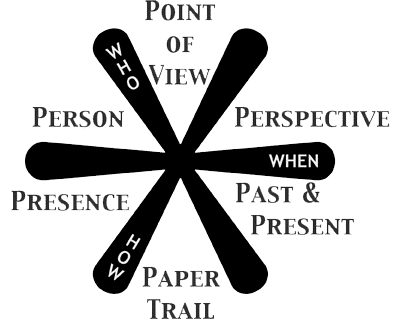
©J. L. BELL
.
The Narrative Voice describes the way the narrative is presented to the you, the reader. A narrative may be conveyed many different ways, such as through a specific character’s perspective or through another character’s retelling of the events. The narrative voice of the story comes from the story’s narrator, the person or thing, telling the story.
.
Work through the Module Two lessons, and complete the challenges as directed. You must also comment on the discussion board for this module, and every module.
.
-
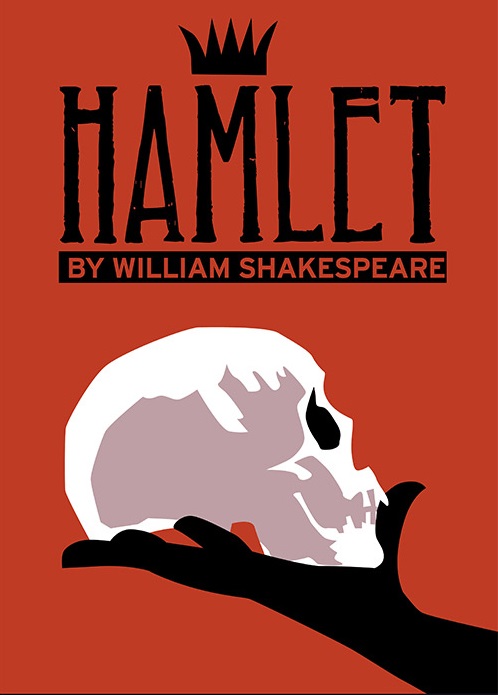
Shakespeare's Hamlet is the tale of Hamlet, Prince of Denmark, and the story of his fight against his Uncle Claudius, the King. It is a story of vengeance, madness, internal conflict and indecision. In this module, you will read Hamlet and complete a character study, a Diploma study guide, and a timed essay exam.
You can do the character study and study guide at your leisure, but the exam needs to be supervised. Please have the teacher who will be supervising you contact me for the password 24 hours in advance.
You must also comment on the discussion board for this module, and every module.
-
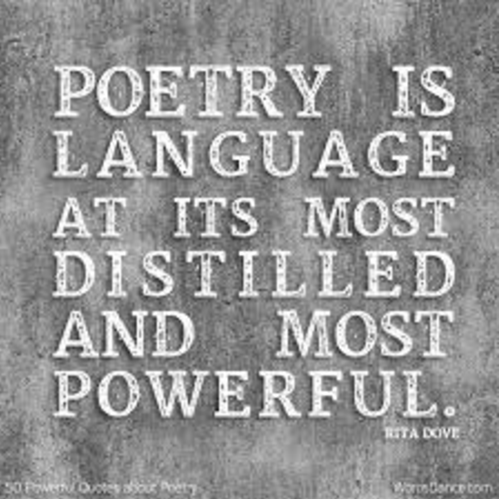 Poetry is a different kind of writing; one where every word contains a meaning, and the goal is not clarity, but instead to make something interesting and thought provoking using language. Instead of thinking of poetry as confusing writing, it is important to see poetry as something created to be examined, pulled apart, put back together, and where the meaning can change from line to line, person to person, and day to day. It is not straightforward, but it isn't supposed to be. View poetry through a thinking lens, and it can become an interesting and engaging topic.You must also comment on the discussion board for this module, and every module.
Poetry is a different kind of writing; one where every word contains a meaning, and the goal is not clarity, but instead to make something interesting and thought provoking using language. Instead of thinking of poetry as confusing writing, it is important to see poetry as something created to be examined, pulled apart, put back together, and where the meaning can change from line to line, person to person, and day to day. It is not straightforward, but it isn't supposed to be. View poetry through a thinking lens, and it can become an interesting and engaging topic.You must also comment on the discussion board for this module, and every module. -

This is Midterm Exam. In order to move past this point, you will need to have all assignments and discussion board posts from the first three modules completed and submitted. There is a study guide, two practice quizzes, and the Midterm exam in this module. Make sure to read the study guide, take the practice quiz, review your results and speak with your teacher, and then take the second quiz.
The Midterm is Part B: Reading Comprehension from a Diploma exam. It is 70 multiple choice questions, and is a timed exam. You will have three hours to complete it.
It is password protected. You must be observed by a teacher (either at your school or an Outreach). I will send the password to the teacher that will be observing you. Once you have completed the Midterm, you will be able to move on!
-


The novel is one of the greatest forms of literature; if you think of most great pieces of literature, aside from Shakespeare, they are often novels. In this module, you will choose a book from the following five:
Night, by Elie Wiesel, fiction, biography 1960The Bean Trees, Barbara Kinsolver, Fiction, 1988
Into Thin Air: A Personal Account of the Mt. Everest Disaster, Jon Krakauer, 1997, Non-fiction
Stephen Hawking: Quest For A Theory Of Everything, Kitty Ferguson, 2001, Non-fiction
The Stone Carvers, Jane Urquhart, 2001, Fiction (Canadian)
The Republic of Nothing, Lesley Choyce, 2007, Fiction (Canadian)
We have copies of The Bean Trees, and we can send the book to you. If you choose one of the other four, you must find the book on your own, at the school library, city library, or purchased. All the books can be found at both Chapters and Amazon.
In Module 3: Shakespeare's Hamlet, you completed your first Response to Literature, called the character study. For your novel study, you will choose one of the remaining two you have not completed, and complete based on your novel.
You will also complete a Novel Study Guide.
It is recommended you start reading your novel immediately, and go through the assignments as you read, instead of waiting until the end of the book.
You must also comment on the discussion board for this module, and every module.
-

https://prezi.com/epz57q-fxhdg/untitled-prezi/
Critical thinking is a crucial skill in today's world.
There is too much information for anyone to know, and so instead we must know how to learn about things we encounter, and how to evaluate them properly.
In this module, your challenges can be found in links in the dropboxes. Click on the dropbox, follow the instructions and you will find your challenges.
-
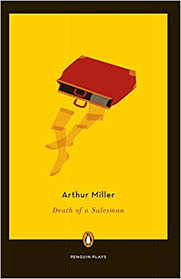
http://www.tonyawards.com/images/pics/large/b_p_DeathOfASalesman.jpg
Arthur Miller's Death of a Salesman is considered one of the best works to ever come from an American playwright. It won the 1949 Pulitzer Prize and the Tony Award for Best Play. It is considered a modern tragedy.
In Module 3: Shakespeare's Hamlet, and Module 5: The Novel Study, you completed two of the three options in Response to Literature. For Module 7: Death of a Salesman, you will complete the final Response to Literature option. You will also complete another Audio/Visual assignment, and complete a Death of a Salesman Study Guide.
We can send a copy of the play to you, or you can find a copy at any library or bookstore.
It is recommended you start reading the play immediately, and go through the assignments as you read, instead of waiting until the end of the book.
-
Welcome to the Final Exam. This exam is made up of two essay questions, and counts for 30% of your English 30-1 mark. Please view the study guide in the module, as well as reviewing the study guides you created in Modules 3, 5 and 7, as well as reviewing the rubric and feedback you received in your essay exams, to prepare for this test.
-
Below are some resources meant to help you prepare to your Diploma exams.
For the practice part A, you will be asked to respond to a writing prompt by providing text(s) to support for you ideas about the topic that is provided to you. There are more than 20 different topics (taken from past exams); you can respond to as many as you wish. The idea is for you to give the planning page (the title of the work, the author and the basic outline of your response), but can write the entire response if you so wish.
There is also a book that provides various tips to you as you prepare to write the exam. There are even some examples of texts that have been used on past exams by students just like yourself!
If you wish, you can look through some of the exemplars to see how students responded to the topic that was given last June. There are examples for the Personal Response as well as the Analytical/Critical Response that scored everything from Satisfactory to Excellence! -
Diploma Exam Part B Practice
Please go through the various readings and multiple choice questions from the January 2006 Diploma Exam.

